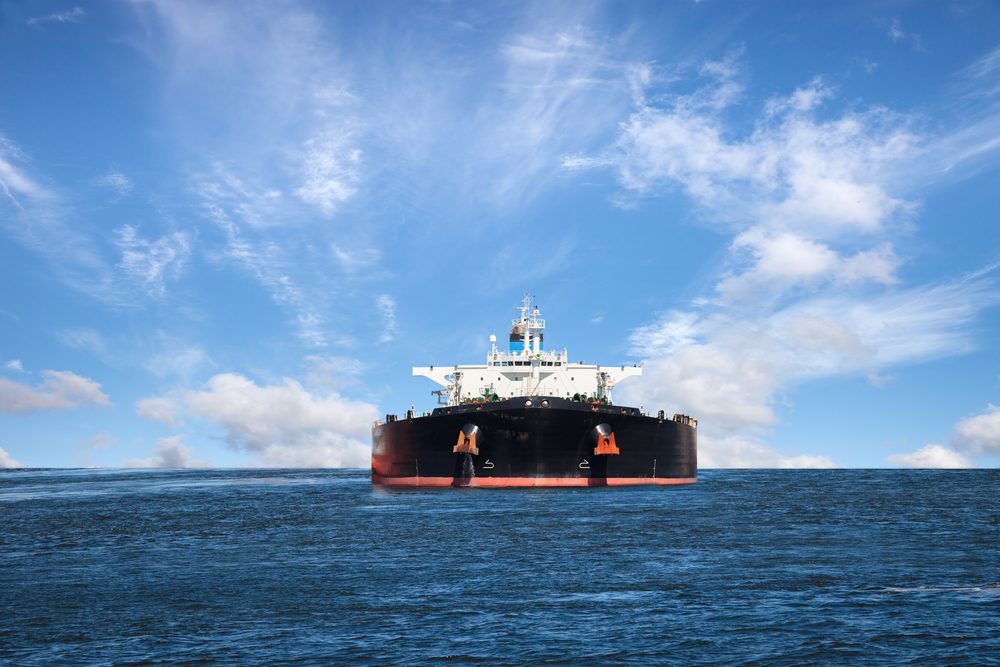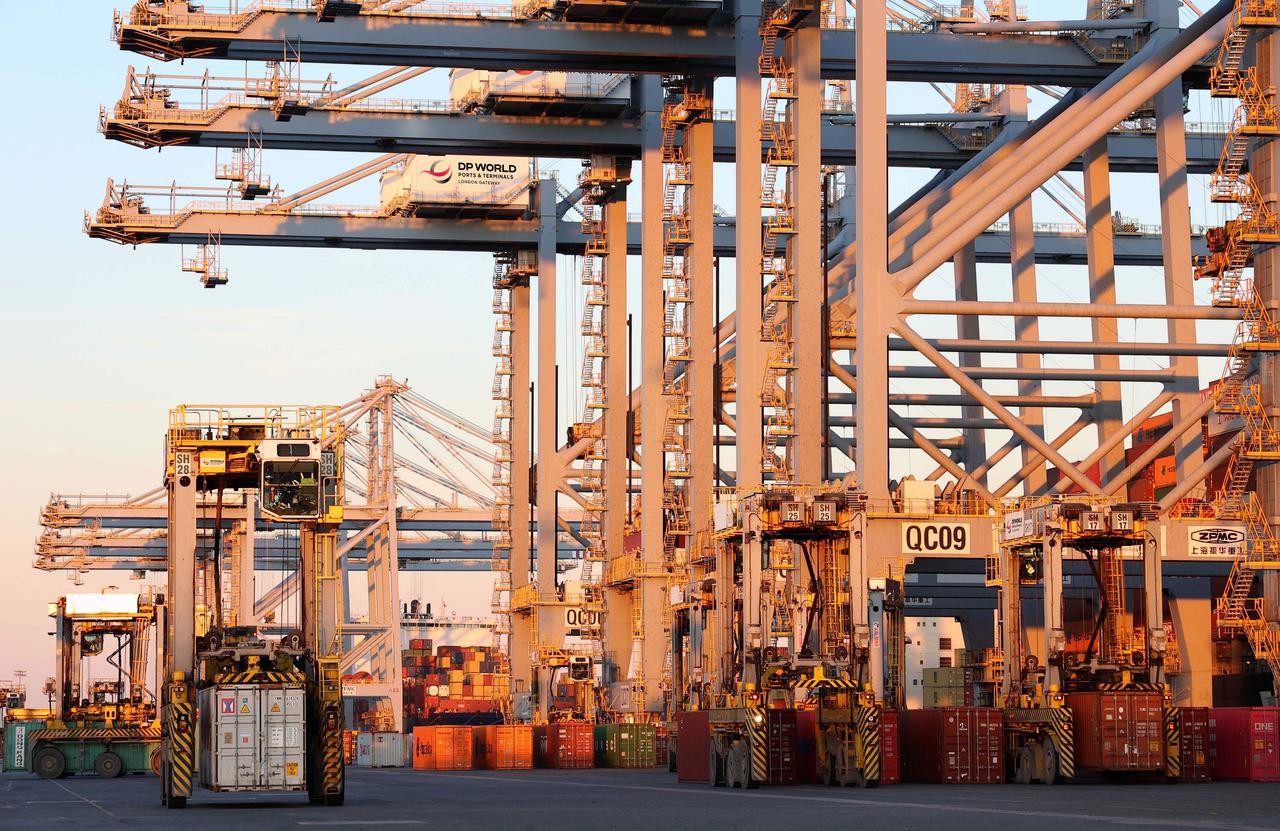Photo: By Nightman1965 / Shutterstock
 By Keith Wallis Sept 1 (Reuters) – Freight rates for very large crude carriers (VLCCs) on Asian routes continue to sink on a glut of available tonnage as owners wait for supply disruptions caused by Hurricane Harvey to help support the market, brokers said.
By Keith Wallis Sept 1 (Reuters) – Freight rates for very large crude carriers (VLCCs) on Asian routes continue to sink on a glut of available tonnage as owners wait for supply disruptions caused by Hurricane Harvey to help support the market, brokers said.
Charter rates for VLCCs from the Middle East have fallen to around 36 on the Worldscale measure.
“In terms of VLCCs we’ve not seen much knock-on effect (from Harvey) yet, but I’m sure there’ll be some lasting effect,” a Singapore-based supertanker broker said.
Owners and brokers expect charterers to scramble to hire alternative ships to replace tankers whose loading and unloading schedules have been disrupted by the hurricane.
VLCCs in Europe are expected to be chartered first to offset port delays, which could tighten tonnage in other locations, supporting supertanker rates.
Charter rates for smaller 55,000-deadweight-tonne oil product tankers, carrying cargoes such as gasoline and jet fuel, have soared in the last week as traders source alternative supplies.
Rates rose to around $22,000-$23,000 per day on Thursday for a transatlantic voyage for a medium-range tanker, double the previous week, Peter Kolding, a vice president at Danish tanker owner Hafnia Management, told Reuters.
The storm, which hit Texas a week ago, has knocked out about a quarter of U.S. refining capacity.
That came as brokers said there appeared to be fewer cargoes fixed to load from the Middle East in the first part of September, adding pressure on rates.
“The volume of September cargoes is pointing lower with around 60 cargoes to mid-September so far,” a European supertanker broker said on Friday.
Around 120-130 Middle East cargoes have been fixed every month this year.
“It looks like the long tanker position list will be rolled over into October,” the broker added.
“There’s plenty of tonnage available so charterers are in no rush to fix,” the broker said.
“We’ll have to wait another month or two to see an improvement in Middle East rates. There might be a winter market (where traders buy additional cargoes for the northern winter) but we’ll have to wait until November,” the broker added.
VLCC rates from West Africa have also fallen this week on fewer cargoes as traders seek supplies from the Caribbean after the spread between U.S. crude and Brent widened to around $5 a barrel.
Longer term, the outlook for tankers will be determined by the number of ships sold for scrap, said Robert Macleod, chief executive of leading tanker owner Frontline in an earnings call on Aug. 30.
“The combination of a poor spot market and a 50 percent year-on-year increase in scrap values seems to us to be the perfect catalyst for scrapping. Combined with oil demand, scrapping is definitely a main factor and it will determine the development of the tanker markets,” he said.
“We therefore believe that the market will begin to tighten in 2018 as vessels are retired from the global fleet and oil demand continues to grow,” Macleod added.
VLCC rates on the Middle East-to-Japan route dropped to around W38.75 on Thursday from W39.50 last week.
Rates on the West Africa-to-China route fell to W46.25 on Thursday from W47.75 last week.
Charter rates for an 80,000-deadweight-tonne Aframax tanker from Southeast Asia to East Coast Australia were at W87.75 on Thursday, compared with around W87 last week. (Reporting by Keith Wallis; Editing by Dale Hudson)
(c) Copyright Thomson Reuters 2017.

 Join The Club
Join The Club











